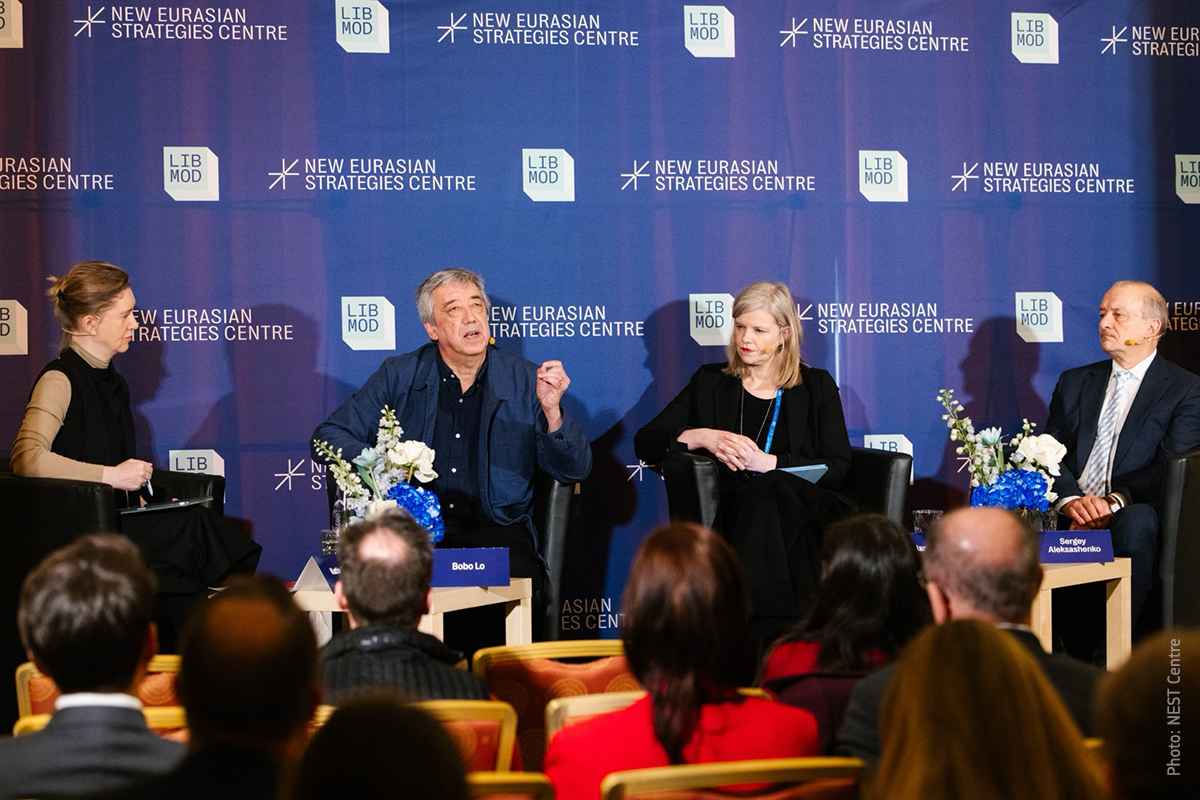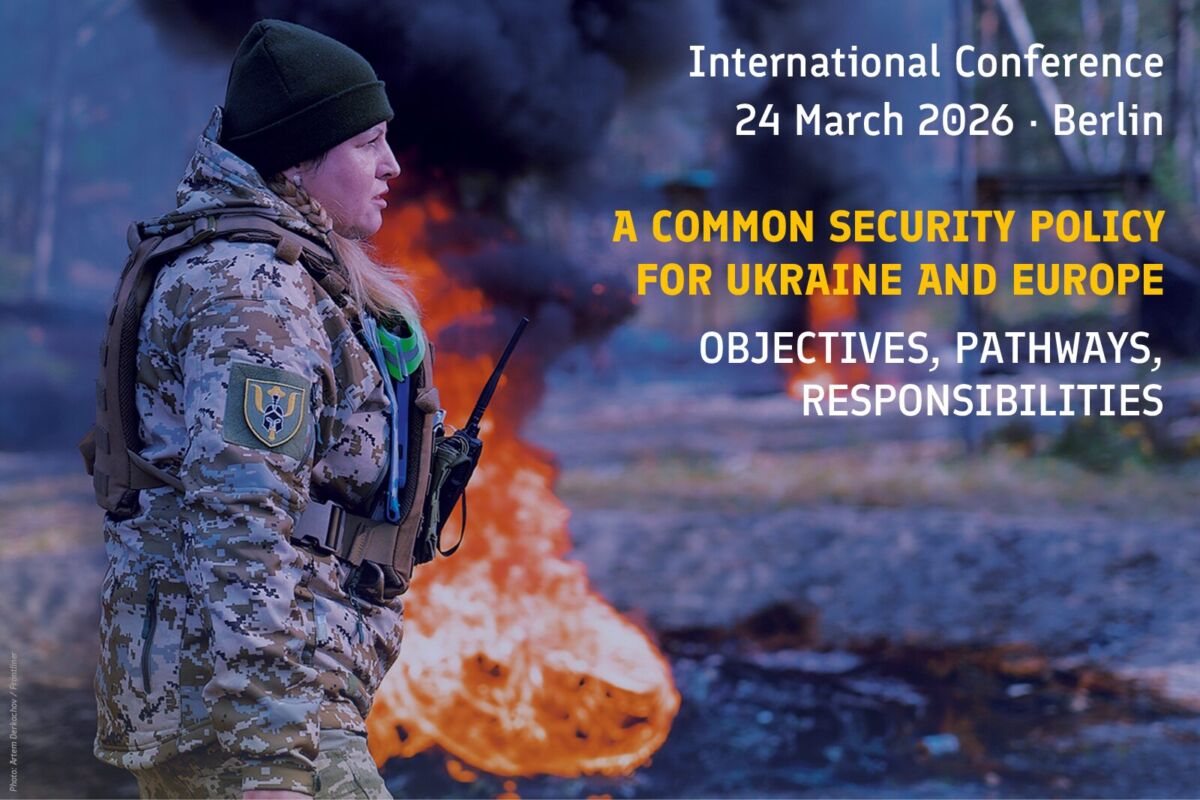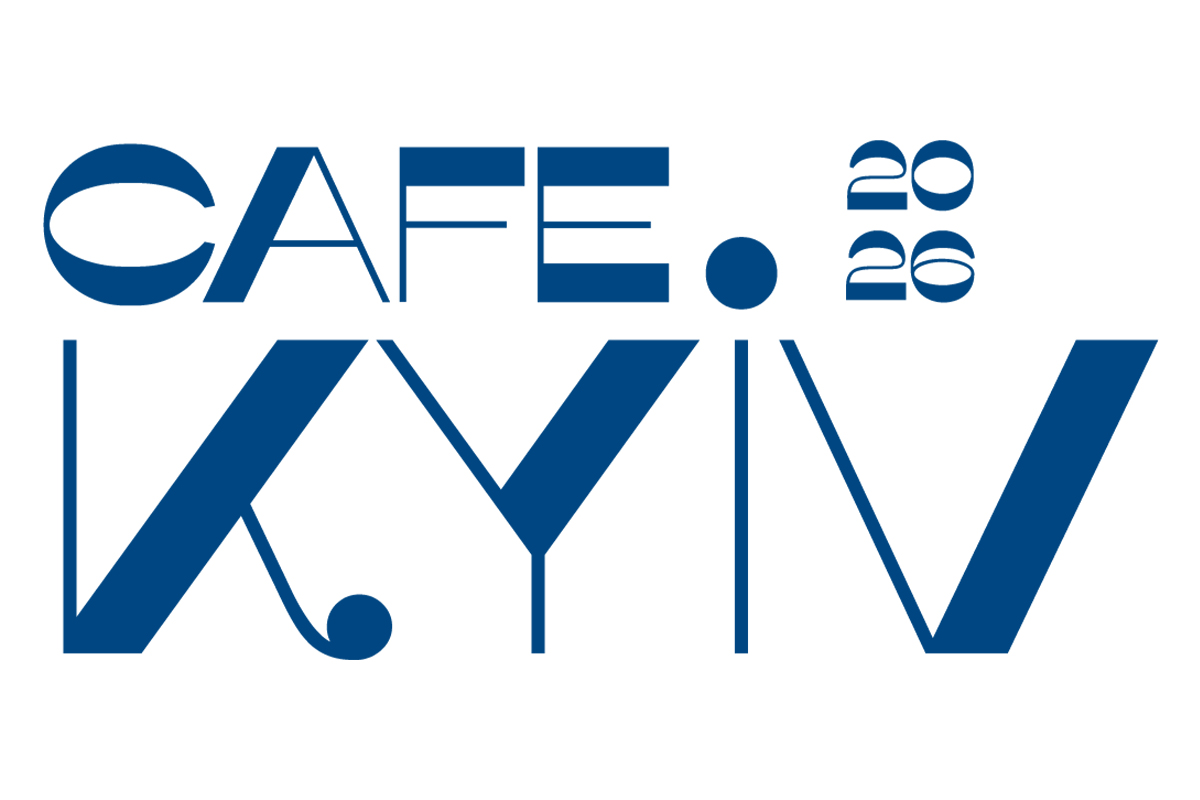A shift to the right in the EU? A differentiated view of the election results

Despite the far-right’s gains, the overall picture remains mixed: significant losses on the one hand, record results on the other — including for new far-right parties. Europe expert Nicolas Startin on difficult alliances, the voting behaviour of young people and the future of the Green Deal.
Dr Nicholas Startin is an Associate Professor in European Politics and International Relations at John Cabot University in Rome and a non-resident Senior Fellow of the Brussels based Global Governance Institute. His research focuses on the impact of Euroscepticism on domestic and transnational party systems and more generally on the Radical Right in Europe.
The overall picture is quite clear: The right and the right-wing extremists gained much in the EU elections. But what exactly does it mean that the power dynamic is shifting towards the right?
That said when we talk about a rise of the far right, it’s far from a uniform outcome. Yes, the radical right, as represented by Marine Le Pen and Jordan Bardella from the Rassemblement National, did particularly well in France building on their breakthrough at the 2022 Parliamentary elections. In Germany, the AfD also performed well in electoral terms although it should be remembered that this represented a 4% increase on their score from the 2019 European elections. When taken in conjunction with the radical right in Italy, the results in France and Germany will certainly have an impact because the reality is that more than a 10th of the seats in the EP will come from radical right parties from these three founding EU member states. But at the same time, overall, the media has got carried away with the discussions about the notion of a ‘right-wing surge.’
Why do you think the discussion about a general shift to the right is misleading?
When it comes to Italy, for instance, the Lega of Manuel Salvini was pegged back significantly having polled more than a third of the votes cast in Italy in the last EU elections in 2019. Despite Georgia Meloni’s Fratelli D’Italia building significantly on their 2019 score the combined vote of these two radical right parties in Italy was less in these elections than in 2019. And if we take the Nordic countries, for example, the True Finns, the Sweden Democrats, and the Danish People’s Party all polled less than in 2019.
Elsewhere in Central and Eastern Europe, in Poland and Hungary, The Law and Justice Party and Fidesz didn’t perform as well as they would have hoped. So, there are some countries where there has been an increase in the number of votes for radical right parties but elsewhere there has been a reduction in the vote. We have seen some new radical right parties breakthrough like with Chega in Portugal. But talk of a ‘surge’ with the implication that this is a uniform phenomenon is very misleading.
What do the overall gains for the right suggest in terms of coalition formation, collaboration, and future policies?
The centre right, as represented by the European People’s Party (EPP), has consolidated in these elections and the Social Democrats, the second biggest party in the European Parliament, did better than many commentators were predicting despite the poor showing of Olaf Scholz’ governing Social Democrats in Germany. The liberal Renew group has fallen away quite significantly along with the Greens who have lost seats, noticeably in Germany. There seems to remain though a majority between the pro-EU mainstream political groups as the jockeying starts regarding the transnational groupings for the new parliament.
So, for the two groupings which currently house radical right parties—both the soft Eurosceptic European Conservative and Reformist group (ECR) and the harder Eurosceptic Identity and Democracy (ID) group—, yes, they will likely both have more members, but I don’t see them as being part of any wider coalition right wing coalition. Before the EU elections, we heard a lot about Giorgia Meloni becoming a kingmaker on the right as a whole. But now, given that the EPP vote held up, there does not seem to be much evidence that they are looking to formalize their transnational relationship with the Fratelli D’Italia.
So far, the far right has struggled to forge alliances.
Yes, we saw this recently with the developments within the Identity and Democracy (ID) group just before the elections when the Rassemblement National was involved in the expulsion of AfD from the group. The separation continues even after the exclusion of Maximilian Krah from the AfD’s EU delegation. I wouldn’t expect to glean too much about the Rassemblement National’s plans for alliances in the new European Parliament until the parliamentary election campaign in France is over at the beginning of July following President Macron’s decision to call for fresh elections. In terms of core themes, radical right parties in both groups will continue to look to advance their core issue of migration from both national and European perspectives but beyond that, there is not uniform agreement on a range of policies.
What are the far right’s main themes and areas of contention?
One area of contention is the war in Ukraine, with some of the parties having quite close affiliations to Russia prior to the war. Another major issue remains the future direction of the EU in terms of its governance, as there isn’t really uniformity from the radical right on this. This includes how to respond to the practicalities of issues that affect EU citizens such as the Freedom of Movement and the Schengen Area. Savvy radical right leaders are aware that many of the younger generation, 18-to 30-year-olds have grown up with and are favorable to the Schengen Agreement- simply because they like to be able to travel around Europe borderless and passport free. So, when it comes to migration, I would expect parties like the Rassemblement National in France to focus on illegal migration and to ally this to national values and identity politics of a broader kind.
Youngsters voting for the AfD more than previously made into the headlines of German media. What do you know about younger voting trends for far-right parties across Europe?
In France, the RN did well with the younger voters, with Jordan Bardella’s team running a coordinated social media strategy. But early evidence suggests that the percentage of votes cast among 18- to-34-year-olds for the RN wasn’t higher than their overall score. In Italy, Meloni won in every age demographic apart from the 18- to 29-year-olds where she polled 14% and came fourth among this age group. So, it appears there is less support amongst the younger generation in Italy for the radical right. This is also confirmed by the 5 Percent of this age group voting for Salvini’s Lega, which was lower than his party’s overall score. Initial evidence from Germany indicates that 16 percent of the 16–24-year-olds voted for the AfD, which is more or less the same as the overall score obtained by the party, so not really higher than the average demographic overall. It is clear though that Maximilian Krah’s direct targeting of younger generations on social media had some effect.
Where exactly does this tendency for support for the far right among younger voters come from?
In these elections, it most likely continues to come from young voters who are at the lower end of the socio-economic status who feel abandoned by the mainstream in terms of the cost of living or feel that their voices are not really being heard. However, the notion of a far right or radical right making dramatic inroads among young voters is a little exaggerated. I intend to look more broadly at the data regarding European radical right parties and the younger demographic over the next few weeks. My suspicion is that the data will be very mixed on this, similar to the performance of the radical right as a whole in these elections.
What is your take-away from this whole election?
Certainly, there has been some consolidation of the radical right, but it is far from uniform and we have seen such parties pegged back in some countries. In many ways, the loss of seats for the Greens is potentially the biggest take-away from these elections, helped by the decline of the German Greens who as a governing coalition party have taken a big hit. Consequently, I expect pressure to be asserted on the EU’s flagship European Green Deal policy. It could well be up for further discussion as arguments about its economic impact become more prevalent across the right, including the centre right EPP.
![]()
Hat Ihnen unser Beitrag gefallen? Dann spenden Sie doch einfach und bequem über unser Spendentool. Sie unterstützen damit die publizistische Arbeit von LibMod.
Spenden mit Bankeinzug
Spenden mit PayPal
Wir sind als gemeinnützig anerkannt, entsprechend sind Spenden steuerlich absetzbar. Für eine Spendenbescheinigung (nötig bei einem Betrag über 200 EUR), senden Sie Ihre Adressdaten bitte an finanzen@libmod.de
Verwandte Themen
Newsletter bestellen
Mit dem LibMod-Newsletter erhalten Sie regelmäßig Neuigkeiten zu unseren Themen in Ihr Postfach.





